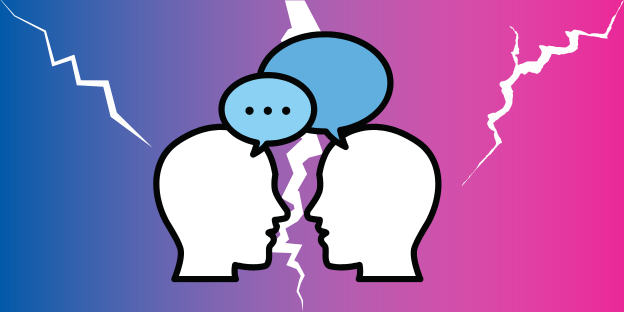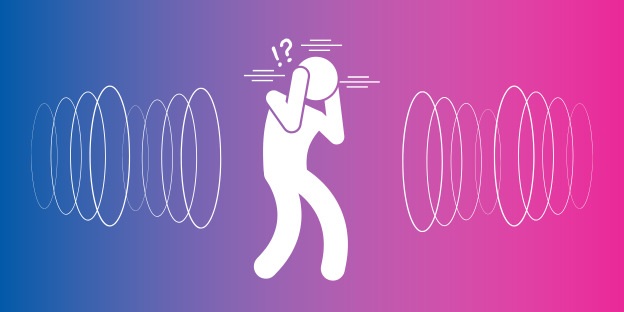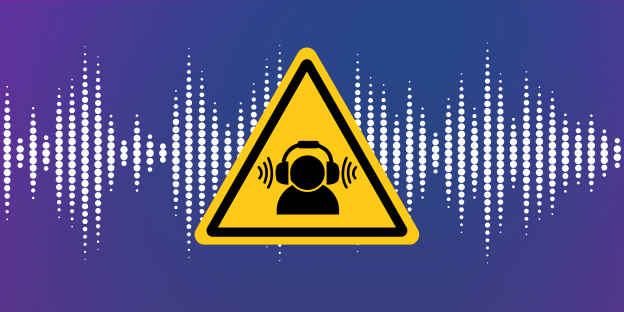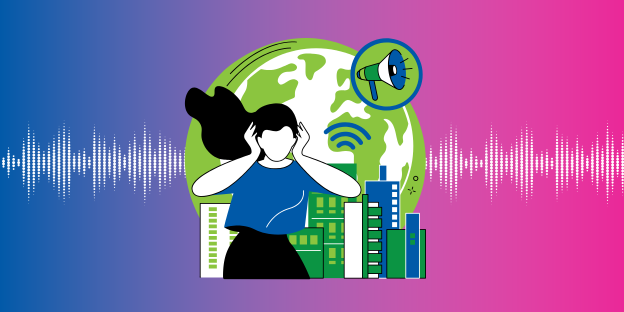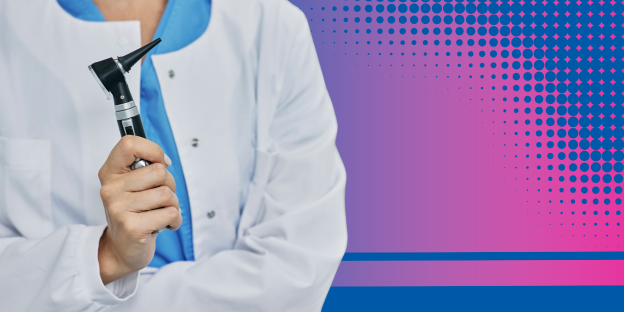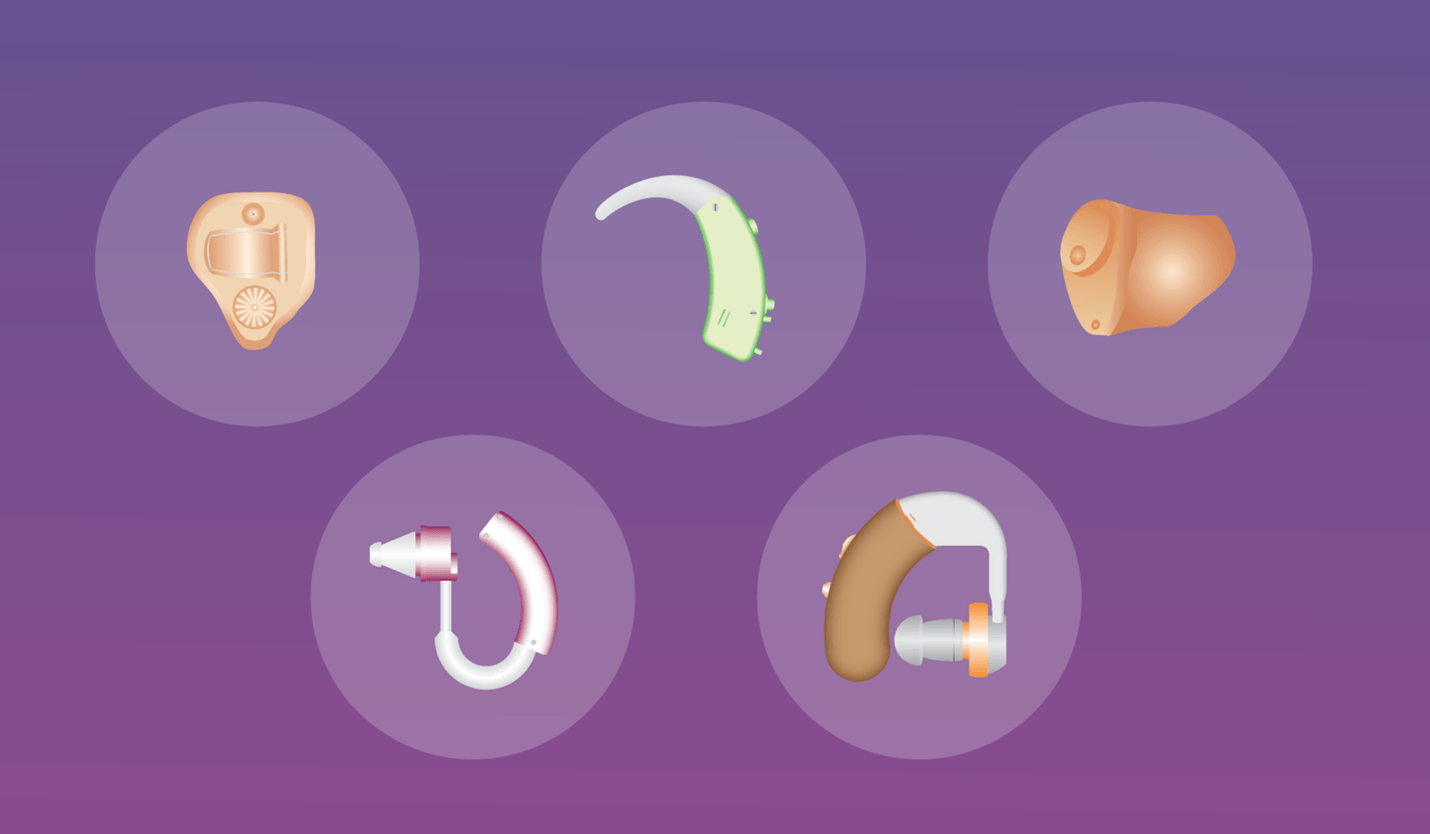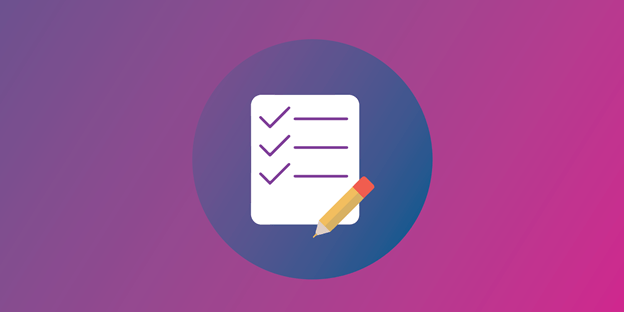How to Properly Care for Your Hearing Aids
Your hearing aids are a vital tool that can help you to fully experience sounds and get the most out of your daily life. To keep them in proper working condition, and extend the lifespan of your device, you’ll want to ensure that you’re taking good care of them.
Here are 5 Tips for Properly Caring for Your Hearing Aids
Store in a Safe Place
It’s not uncommon for hearing aids to become broken from being dropped, mishandled or accidentally stepped on. It’s best to take steps to avoid these kinds of little accidents so you don’t constantly need to repair or replace your hearing aids. Store your hearing aids in a protective case in a cool, dry place out of reach of small children and pets when you aren’t wearing them.
Be Aware of IP Ratings
Many manufacturers are making hearing aids that are more water-resistant than they were in the past, meaning you usually won’t need to worry about wearing them in the rain for a short period of time. However, not all hearing aids are the same and it’s important to be aware of the IP rating on your model.
An IP rating consists of two digits, with the first indicating how protected your device is from dust and the second indicating how resistant it is to water. Water protection is measured on a scale of 0-9, with zero indicating that there is no water protection at all and the higher numbers indicating that the device is well protected. For example, if your hearing aids’ IP rating is IP58, they have a water protection rating of 8 and are very water-resistant. If your hearing aids have a low IP rating for water protection, you’ll need to be more vigilant about safeguarding them from moisture.
Clean Regularly
Hearing aids should be cleaned daily. Use a soft cleaning cloth to wipe the shell of the device clean and the wax brush provided with your hearing aid to clean away debris from the receiver and microphone. If your device has a replaceable wax filter, exchange it regularly. Don’t use any cleaning chemicals or a dripping wet cloth to try to remove stubborn wax build up, as these could damage your hearing aid.
Avoid Intense Heat
Heat over 90 degrees Fahrenheit can damage your hearing aids. Keep them away from heat sources and out of direct sunlight. If you live in an area with a hot climate, you may need to exercise caution when wearing hearing aids outdoors on days when the sun and heat is especially intense.
Don’t Expose to Chemicals
Many common products contain chemicals that could be harmful to your hearing aid. You should remove your hearing aid before applying perfume, aftershave, hairspray, sunscreen or insect repellent to keep your device safe.
Have you noticed a change in the quality of sound delivered by your hearing aid or any unexplained whistling or buzzing sounds while it’s in use? If so, your hearing aid may have been damaged. If your hearing aid requires some upkeep or if you’re in need of a replacement, we offer comprehensive hearing aid services and repairs on all hearing aids. Contact us today to book an appointment.
